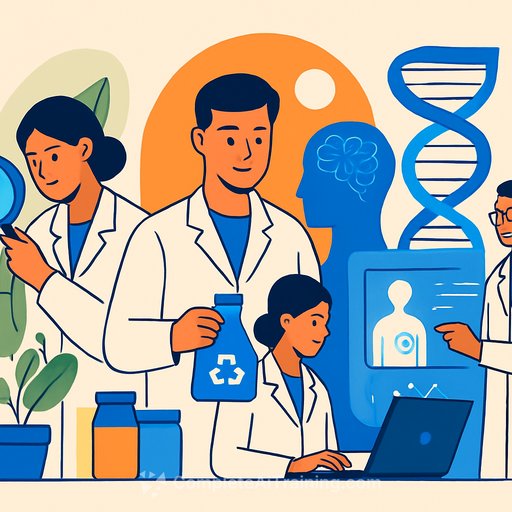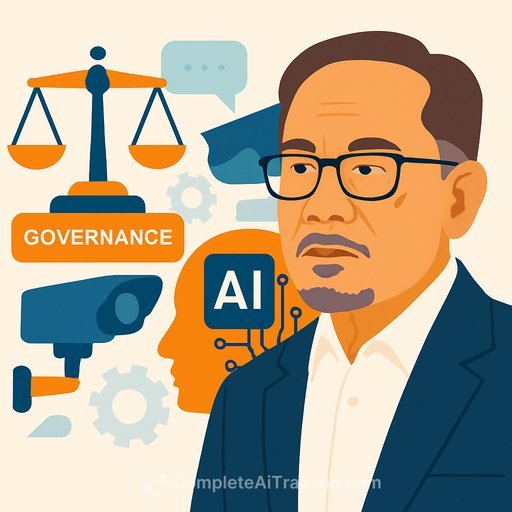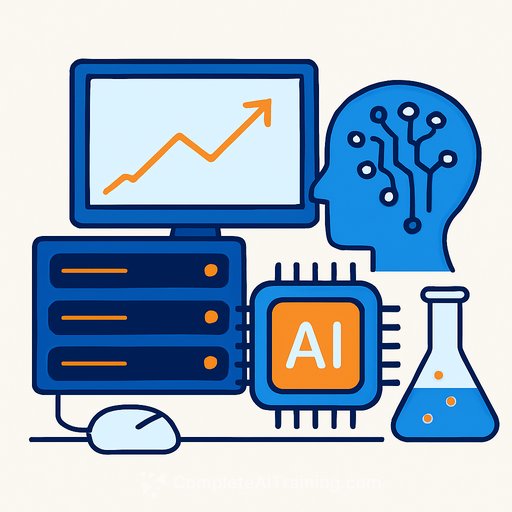How AI Got A New And Improved Personality
Ph.D. student Bin Han has led a project that advances AI’s social and emotional intelligence by developing virtual human avatars capable of adopting personality traits. This system, centered on extroversion, is set to be presented at the 25th ACM International Conference on Intelligent Virtual Agents (IVA 2025) in Berlin.
Despite progress in AI for tasks like stock picking or content recommendation, Han highlights a critical gap: personality and emotional intelligence. “AI still has a long way to go in understanding and responding to human emotions,” she says. Her research aims to bridge this gap by making AI agents more socially intelligent.
Adapting AI to Personality Traits
Han’s study, titled “Can LLMs Generate Behaviors for Embodied Virtual Agents Based on Personality Prompting?”, demonstrates that AI avatars can adjust their behavior to embody specific personality traits, especially extroversion or introversion. These agents interact with users in real time, mirroring their conversational styles and emotional cues.
This approach improves AI’s ability to engage empathetically, which could enhance applications across healthcare, business, and beyond. For example, in mental health, AI avatars might offer a more relatable and supportive conversational partner for those feeling isolated or depressed.
Origins and Future Directions
The project began in a course on affective computing led by Professor Jonathan Gratch at USC, who co-developed one of the earliest emotional intelligence models for machines. The current work builds on this foundation by enabling AI agents to fluidly adapt their personalities to users’ communication styles.
Gratch envisions AI that not only meets users’ functional needs but also aligns with their preferred communication style. “Agents that learn and adapt over time could make interactions smoother and more effective,” he notes.
Practical Applications Beyond Healthcare
In the business world, these AI avatars could simulate negotiation scenarios, helping users prepare for conversations like salary discussions or conflict resolution. Practicing with a personality-matched AI agent could reduce anxiety and improve outcomes.
Han explains, “Virtual agents can be used to rehearse strategies in a safe environment before applying them in real life.” This iterative practice could enhance confidence and decision-making skills.
Why Focus on Extroversion?
Han chose extroversion as the first personality trait to implement because it is one of the “big five” traits widely used in psychology to understand human behavior. Extroversion reflects how outgoing and social a person is, making it a clear starting point for modeling conversational styles.
Research from the University of Chicago in 2025 shows that people tend to prefer extroverted robots but relate more closely to neurotic ones. Han plans to explore the other key personality traits—openness, conscientiousness, neuroticism, and agreeableness—in future work to broaden AI’s social adaptability.
The Road Ahead for Socially Intelligent AI
Han is optimistic that AI will soon be able to provide meaningful, emotionally aware feedback to users daily. “The goal is for AI to better understand emotions and offer useful guidance to improve everyday life,” she says.
Gratch sees this research as a necessary step to test the limits of what AI models can do beyond text comprehension—particularly in interpreting nonverbal social cues. “Personality matching can enhance influence, whether persuading someone to take medication or making purchasing decisions,” he adds.
As AI continues to evolve, the ability to mirror and respond to human personality traits will be key to making interactions feel natural and effective.
- Study presentation: 25th ACM International Conference on Intelligent Virtual Agents (IVA 2025), September 2025
- Lead researcher: Bin Han, USC Viterbi School of Engineering
- Related research on emotional intelligence and personality in AI
For those interested in advancing AI capabilities in social intelligence and emotional response, exploring Complete AI Training offers practical courses and resources to deepen expertise.
Your membership also unlocks:





